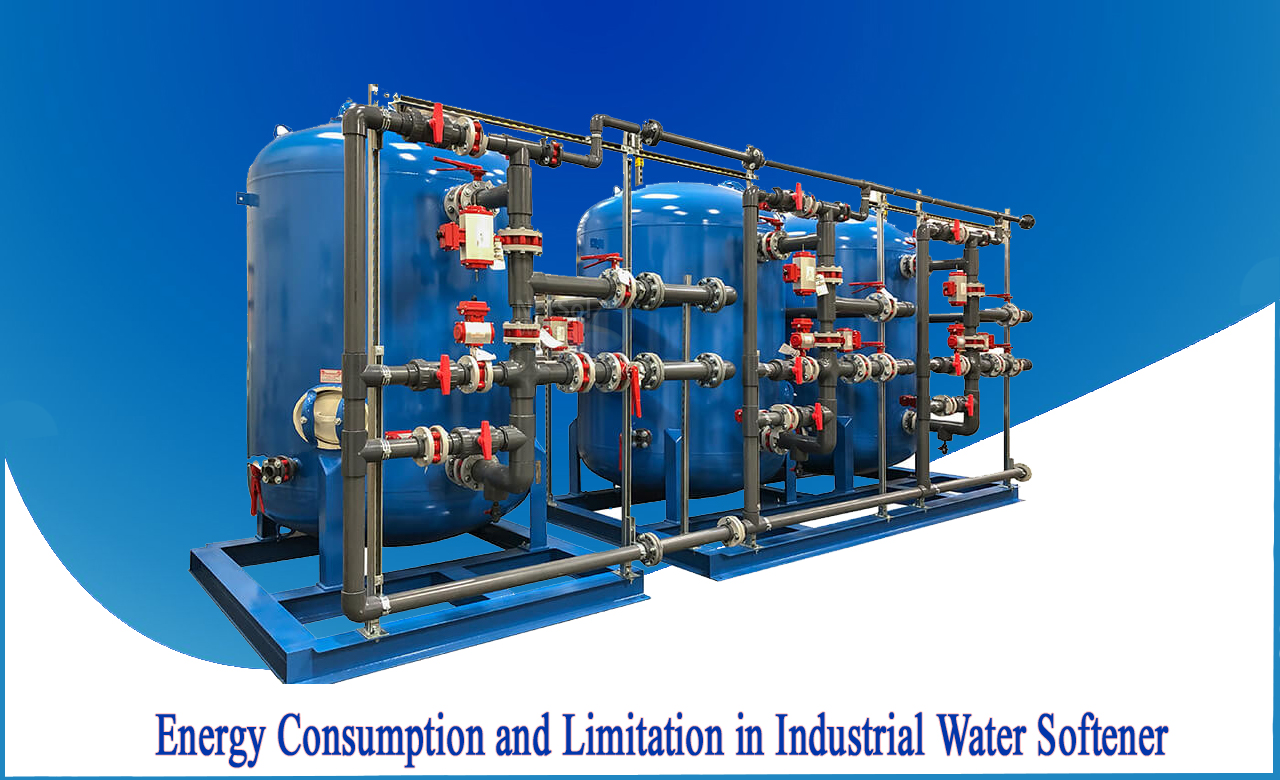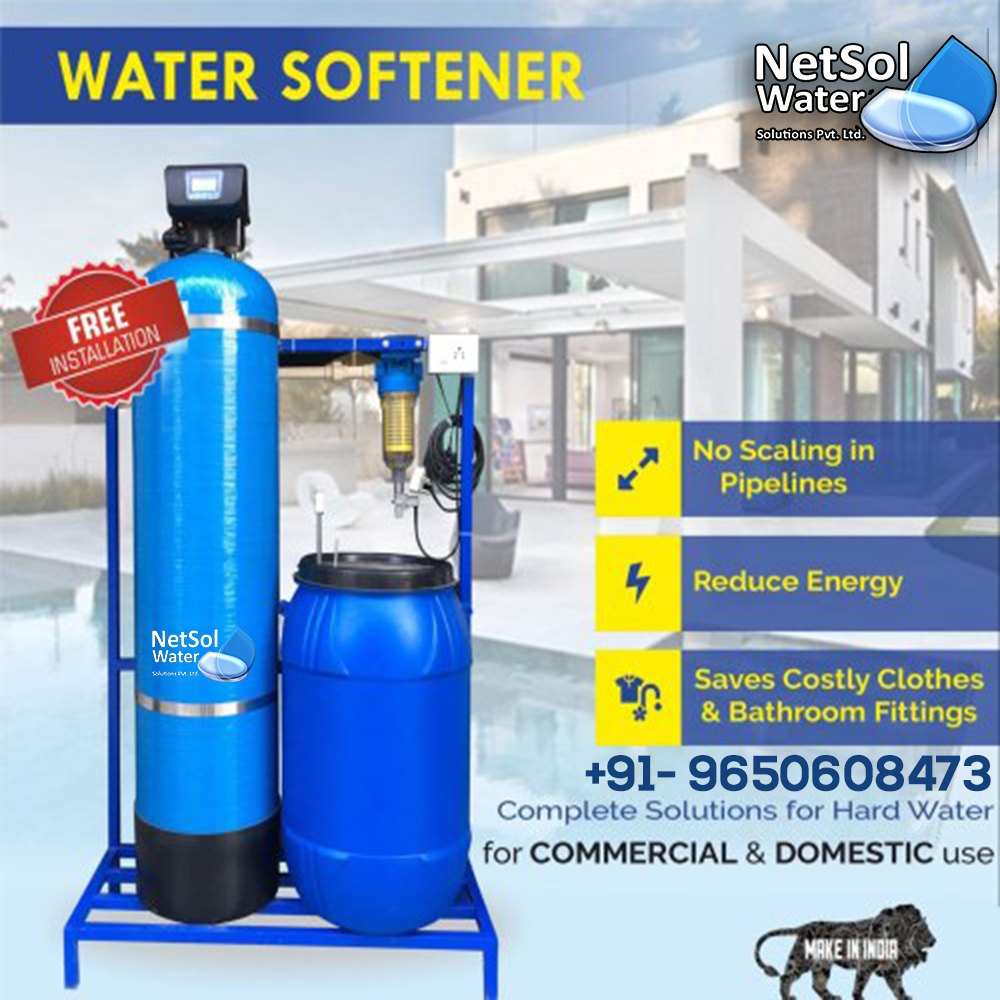INDUSTRIAL WATER SOFTENER
Most industrial boiler systems require soft feedwater, but without this softening pre-treatment, boilers are vulnerable to hard insulating deposits, which reduce heat transfer efficiency and increase energy consumption. Severe deposit formation can permanently damage boiler tubes or cause severe overheating failures.
Water softening is an ion exchange technique for removing calcium and magnesium ions that contribute to hard water scale, such as calcium and magnesium carbonate. Calcium and magnesium cations from source water are exchanged for sodium cations that have been solubilized onto resin beads with exchange sites. As water passes through the softener system, sodium ions are released (exchanged) from the resin, and hard water ions are accumulated at the exchange sites.
How much energy is consumed in industrial water softener?
Simply adding another electricity-using appliance to the home does not imply that it will be an energy drain. In fact, a water softener uses less energy than you might think. The energy required to run a water softener for a year is approximately 70 kWh, which is the same as what an alarm clock uses in a year or less than Rs.1000 per year based on Indian average energy rates (and without that annoying beep). Most new softeners regenerate only when needed, maximising both water and energy consumption. The water softener is used less than five times per month by the average family of four.
SAVE ENERGY THROUGH SOFT WATER
A water softener is well worth the investment because it immediately enhances water quality, saving you money in multiple areas of the house. By stopping scale build-up, a water softener extends the life and efficiency of your home's pipes, major appliances, and faucets. In fact, using soft water can extend the life of appliances by 30 to 50 percent.
Because excess scale build-up causes heat loss, getting your water hot and plumbed to where it needs to be is twice as difficult. Because soft water requires less effort from your water heater, you can save up to 27 percent on energy costs in a single year.
ADVANTAGES OF INDUSTRIAL WATER SOFTENER
· Equipment's service life is extended. Water softeners increase the lifespan of appliances, boiler systems, pipes, and other water-handling equipment by reducing mineral build-up.
· Maintenance has been reduced. Soft water-using equipment will not require maintenance or repair to remove mineral build-up.
· Energy conservation: Soft water prevents mineral deposits that restrict water flow, increasing equipment efficiency and lowering energy consumption.
· Improved cleaning efficiency. Softened water significantly reduces the amount of cleaning solution required, lowering cleaning costs, water usage, and energy consumption by up to 75%.
CONCLUSION
NETSOL designs and instals industrial water softener systems to provide clean water for any of your industrial applications. We have a long list of satisfied customers all over the world who have discovered the value of our water softener solutions.
The industrial water softener systems from NETSOL treat the water by removing hardness with resin. The resin substitutes the hardness in the water with salt, which is periodically regenerated. The softened water can then be treated with a RO system to eliminate the salt without risk of scaling. Softeners are used in a wide range of applications, including industrial, municipal, and institutional applications.




